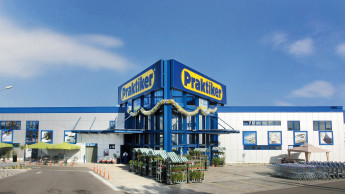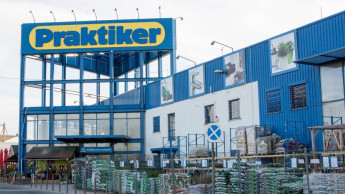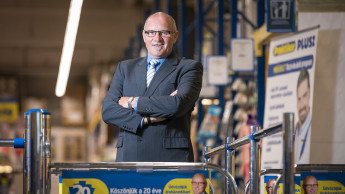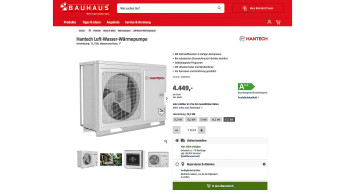

deep insights, facts & figures

Praktiker, the third-ranked German DIY retailer, is mired in an ongoing crisis. For months now board, management and shareholders have been struggling to find a solution acceptable to them all
The attempts to rescue Praktiker, the third-biggest German DIY retailer, have got what it takes to make a thriller. Tension, despair, hope, love, action and final (?) showdown: all are represented in this epic drama revolving round the company that once set out to become Germany’s largest DIY retailing empire. Everything could have turned out so well when, around the turn of the century, Praktiker’s decision-makers decided to make the company into a completely normal DIY retailer. They wanted to get away from the image of the cheapo outfit, the supposed purveyor of trashy goods. They wanted to be taken seriously, to play in the top DIY league in terms of product offer, services, systems and expansion. Only German customers in particular simply refused to play along, to take the change of image seriously. While the company’s international stores were still doing pretty well, it slid ever deeper into crisis in Germany. Sales came to a standstill or went downward, attempts were made to steer against the trend with radical discounting campaigns, company management showed itself to be both aimless and in danger of losing its head. Just in the nick of time came the acquisition of Max Bahr, a well established national competitor, though even now the emphasis was still on the expansion of the Praktiker brand rather than on Max Bahr. Then came the international financial and economic crisis. Suddenly no more revenue flowed from Greece or Hungary or anywhere else to Kirkel, the company’s headquarters in the Saarland, liquid assets fell dramatically, the merchandise underwriters became mistrustful, the banks reined in their lines of credit, suppliers worried about their goods. And customers went less and less frequently to Praktiker. From mid-2011 it became clear that Praktiker had massive problems, both structural and systemic. Changing the makeup of the board was supposed to help solve the problems but, having started out with plenty of advance fanfare, the new team proved too naïve, too alien to the trade, not professional enough. The reform proposals coming from Thomas Fox, the new CEO, were aimed at upgrading the Praktiker brand. But was Praktiker the right horse to put his money on? First the shareholders began to grumble, then to mutiny. After all, the share price was in excess of € 20 when the company was originally floated, but had fallen to € 1.20 by the spring of 2012. Meaning that many a sizeable fortune was reduced to a small one within just a short…
Related articles
Read also

 Menü
Menü












 Newsletter
Newsletter